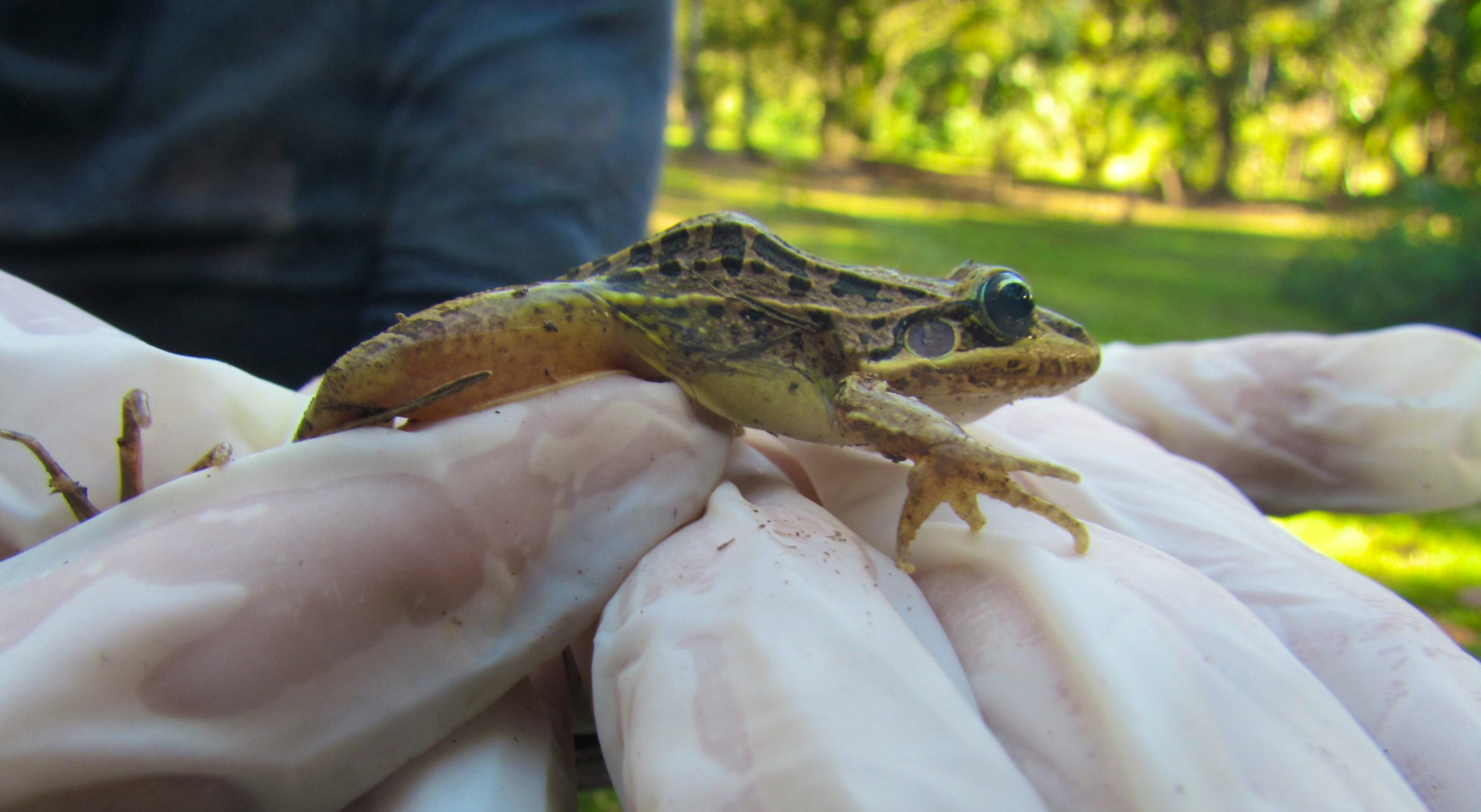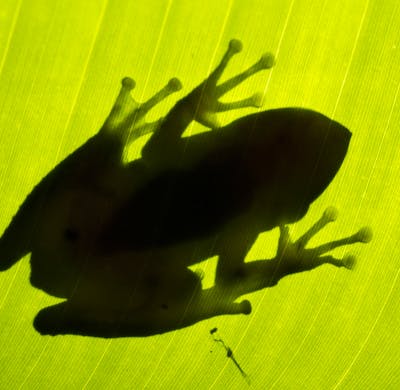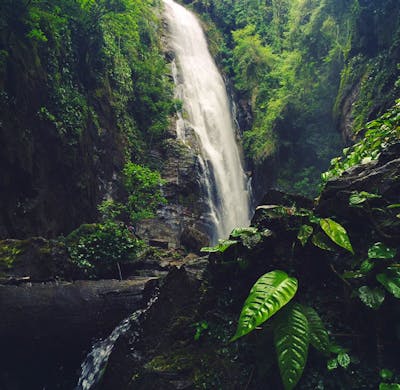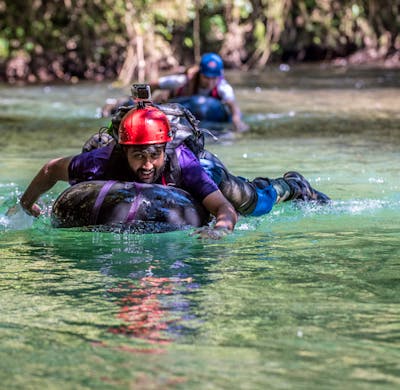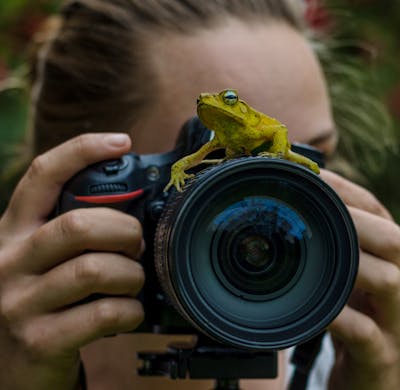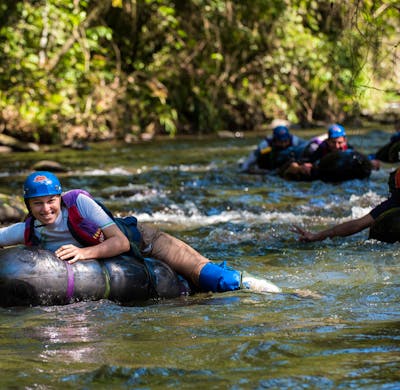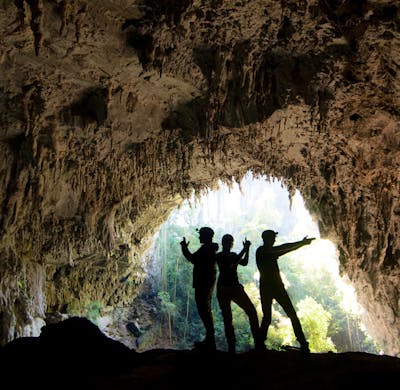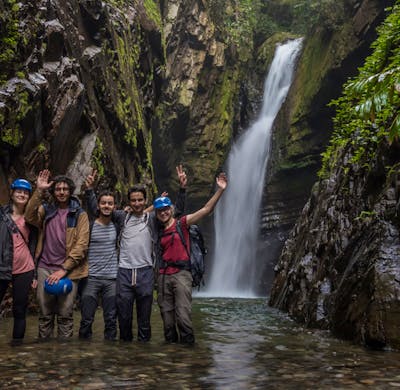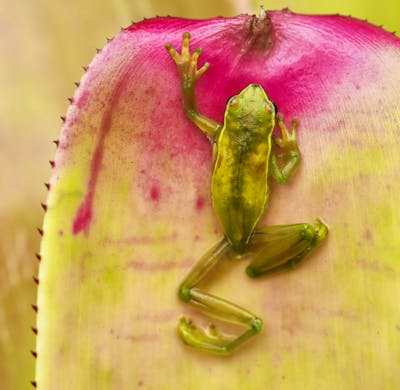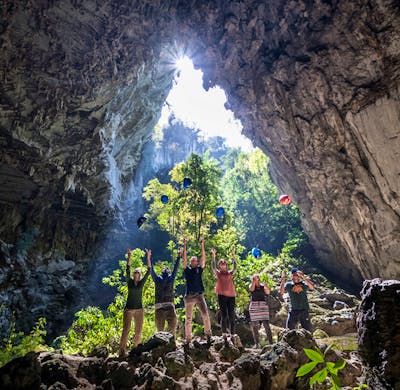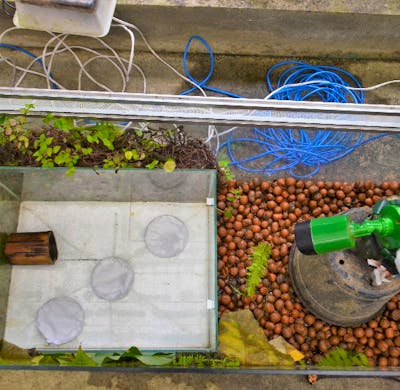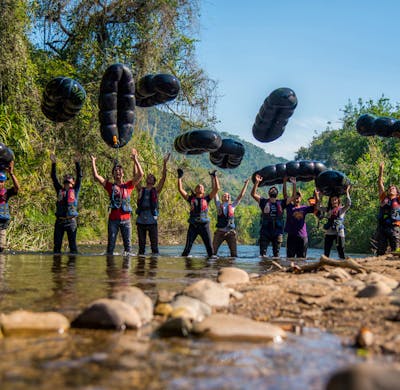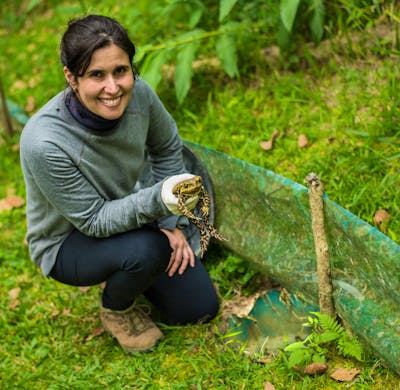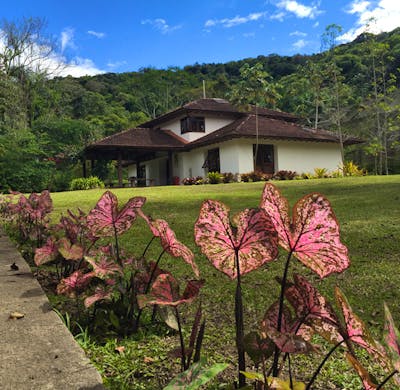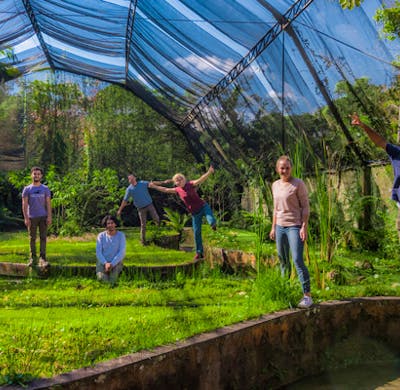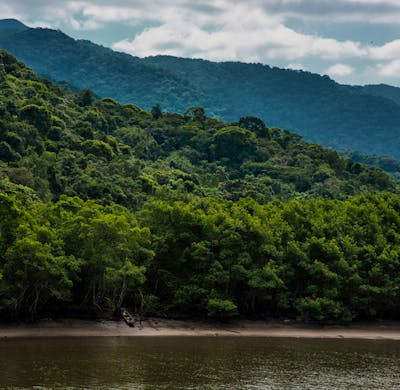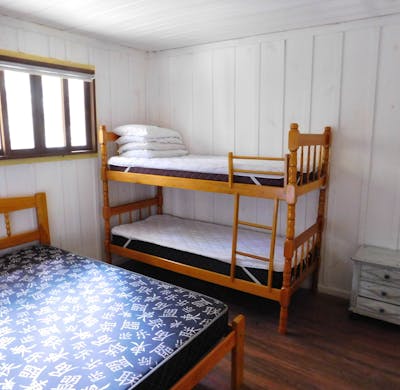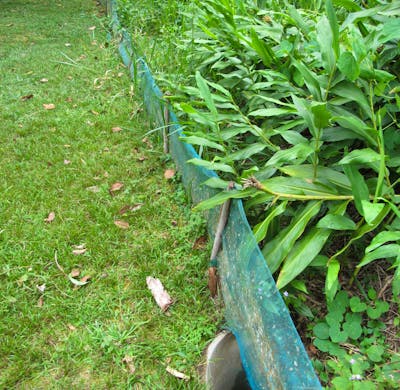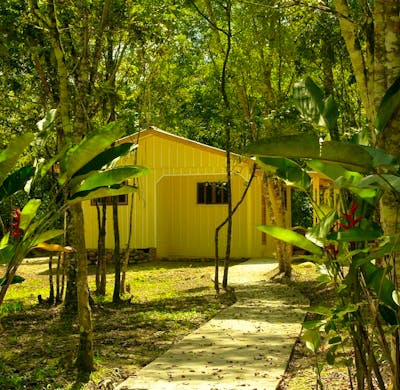2020 at Amphibian Researcher
a partire da 588€
Amphibian Researcher
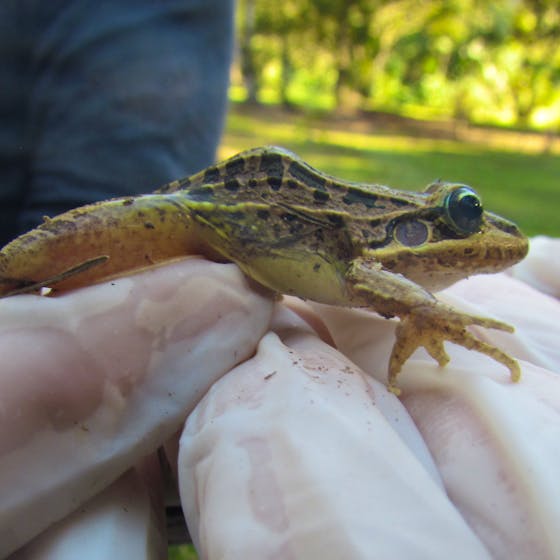
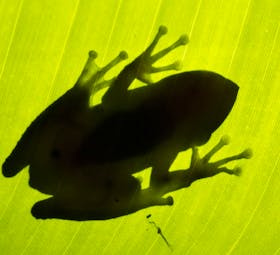
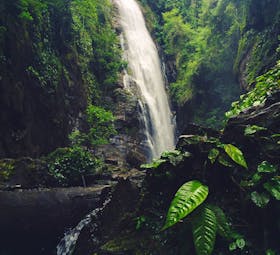
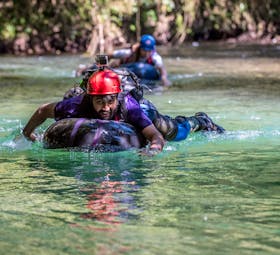
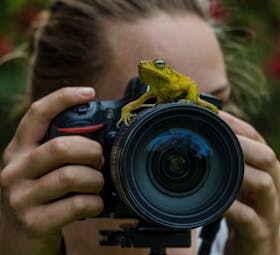
Particolarmente adatto per
Sul programma
Research amphibian ethology, embryology and viruses that affect frogs. Accompany the development of tadpoles in capitivity and search for frog in the field.
The project
The Amphibian Projects aims to study critical in the area of conservation. Frogs have been dramatically impacted by climate change which makes them a priority to research and protect.
Volunteer work
- Tadpole Monitoring: IPBio collects tadpoles and monitors their development to study the ...
Giornata tipica
A typical work day starts at 9:00 am and ends at 4:00 pm.
Two days a week the tadpoles will be weighted, measured and photographed to indentify if they show the presence of the fungus Bd.
Two days a week are dedicated to setting up the camera in the terrariums with frogs in captivity and sorting the ...
Attività del tempo libero
Caves: Iporanga is called “The Cave Capital of Brazil” with over 400 caves in the town. Below are just the highlights.
- Casa da Pedra is the world’s largest cave entrance of 215 meters. The trip involves a 2-hour hike to the opening where there is a place to sit down and have a picnic and swim ...
Requisiti
Servizi inclusi
Cosa NON è incluso?
Dettagli all'arrivo
Field research on biodiversity using pitfalls only occurs from November to March but the rest of the program occurs all year long.
Tariffe del programma
Incontra il tuo ospite

IPBio - Reserva Betary
Non-profit
Verificato da Volunteer World
Ospitato da
Imran
Sul progetto
95 recensioni ·  4.7
4.7
Posizione

Potreste essere interessati anche a
-
piu dei 50 anni
America latina
la tua Famiglia
Gruppo
Progetti all estero
Coppia
Adulti
Volontariato in Inglese
Umanitarie
